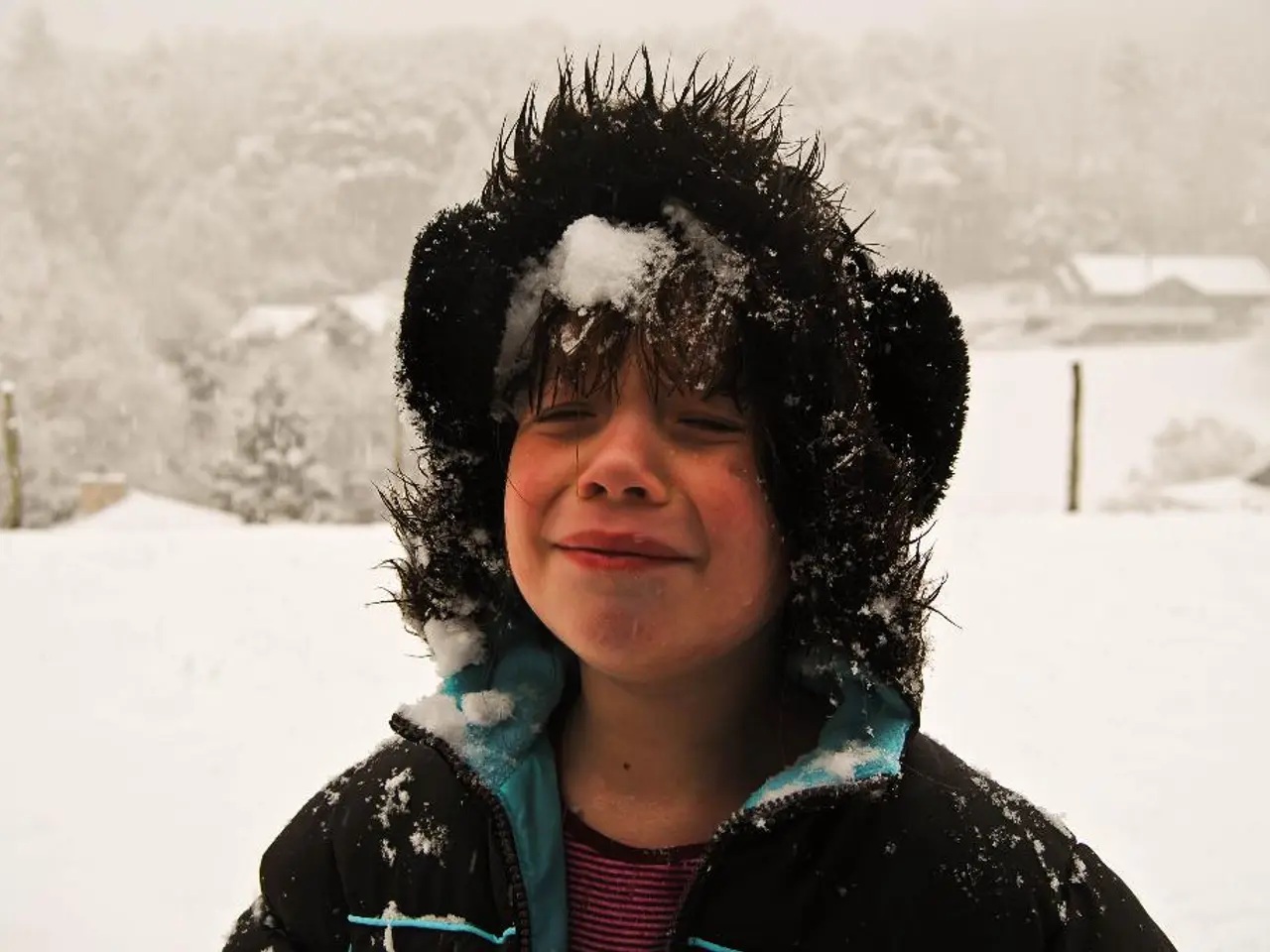Experiencing Persistent Pain from Your Past as the Overlooked Child?
In the complex tapestry of human experiences, those who grew up as 'lost children' in dysfunctional families often face unique challenges as they navigate their way towards healing and recovery. This journey is a deeply personal one, involving the addressing of past traumas, the challenging of negative beliefs, the development of healthy coping mechanisms, and the building of self-esteem.
Many 'lost children' struggle with identifying and expressing their emotions due to a lack of emotional support during their upbringing and a fear of being vulnerable and rejected. This fear, rooted in their experiences, can hinder their emotional growth and lead to long-term effects such as emotional dysregulation, low self-esteem, depression, anxiety, and difficulty establishing and maintaining relationships. They may also grapple with identity issues, a pervasive sense of worthlessness, guilt, and shame, as well as patterns of maladaptive coping like substance abuse or anger problems.
The 'lost child' role often involves withdrawing or becoming invisible within the family system to avoid conflict or chaos. This can lead to isolation, loneliness, and challenges in asserting personal needs later in life. The long-term effects of this role manifest in emotional challenges, behavioral patterns, and relationship difficulties. Emotional challenges may include difficulty trusting others, managing intense feelings, overreacting to changes, or having a heightened need for control stemming from childhood instability. Behavioral patterns may involve mimicking dysfunctional behaviors encountered growing up or having difficulty adapting to change because change was associated with chaos or threat during childhood. Relationship difficulties may arise due to distrust, fear of vulnerability, or poor emotional expression.
However, hope is not lost. Coping mechanisms that support healing and resilience include recognition and self-awareness, setting boundaries, therapy, building supportive relationships, and flexibility development. Recognition and self-awareness involve acknowledging the dysfunctional patterns and taking responsibility for one’s healing journey without trying to change the past. Setting boundaries means learning to set limits with toxic family members, which can sometimes mean reducing or cutting off contact. Therapy provides a safe space for individuals to explore their emotions, address underlying traumas, and develop positive coping skills such as stress management and emotional regulation. Building supportive relationships outside the family fosters trust and emotional security. Flexibility development involves actively working on adapting to change and reducing rigid control tendencies, which can reduce stress and improve emotional health.
Learning to identify and express emotions is a crucial step in healing for 'lost children', which can be facilitated through therapy and counseling. Building a support network of trusted individuals who can provide emotional support is essential for the well-being of 'lost children'. Self-isolation and withdrawal are common coping mechanisms for 'lost children', driven by fears of judgment, rejection, or emotional vulnerability. Seeking support is crucial for 'lost children' on their journey towards healing and recovery, with therapy and counseling providing a safe space for them to explore their emotions, address underlying traumas, and develop healthy coping mechanisms.
Steps towards healing may include therapy, self-reflection, journaling, practicing self-care, setting boundaries, and engaging in activities that bring joy and fulfillment. It is important for 'lost children' to prioritize their well-being and practice self-compassion throughout the healing process. The fear of abandonment and rejection is deeply rooted in the experiences of 'lost children', leading to avoidance of close relationships, pushing others away, or constant seeking of reassurance and validation. Breaking the cycle of self-isolation requires building trust and developing healthy coping mechanisms, which can be achieved through seeking support from therapists, support groups, or trusted friends and family members.
In summary, those who grew up as lost children within dysfunctional families carry complex emotional wounds and coping difficulties into adulthood but can improve their well-being and relationships through therapy, self-awareness, boundary-setting, and forming supportive social networks.
- To aid their healing and personal growth, 'lost children' may find support in the realm of science, particularly psychology and therapy, where they can explore and address their past traumas and develop healthy coping mechanisms.
- As they focus on mental health, education, and self-development, 'lost children' can seek knowledge on health-and-wellness practices that promote emotional regulation, stress management, and overall well-being, fostering resilience and ensuring a brighter future.




